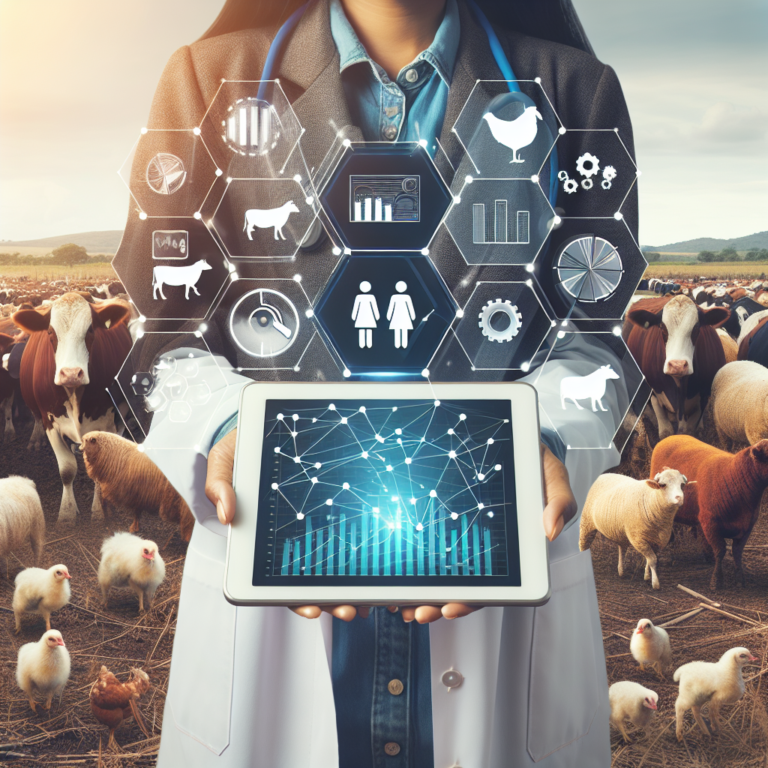Livestock health management is an essential aspect of animal farming that ensures the well-being of the animals and ultimately, the profitability of the farm. Traditionally, livestock health management practices have relied on manual observation and data collection, which can be time-consuming and labor-intensive. However, recent advancements in technology have revolutionized how farmers approach livestock health management, leading to more efficient and effective practices.
One of the key ways in which technology is transforming livestock health management is through the use of digital health monitoring systems. These systems utilize sensors and wearable devices to collect real-time data on various aspects of animal health, such as temperature, heart rate, and activity levels. This data can be automatically transmitted to a centralized database, allowing farmers to track the health status of individual animals and detect any potential issues early on.
Another important technological advancement in livestock health management is the use of data analytics and artificial intelligence (AI). By analyzing the large amounts of data collected from digital health monitoring systems, AI algorithms can identify patterns and trends that may indicate the onset of disease or other health issues. This proactive approach allows farmers to intervene quickly and effectively, reducing the risk of illness and mortality among their livestock.
In addition to monitoring and analyzing animal health data, technology is also revolutionizing how farmers administer medical treatments to their livestock. Automated medication dispensing systems can accurately administer vaccines and medications to individual animals based on their specific health needs. This ensures that each animal receives the right dosage at the right time, improving treatment outcomes and reducing the risk of antibiotic resistance.
Furthermore, advancements in telemedicine and telehealth have made it easier for farmers to consult with veterinarians and other animal health professionals remotely. Through video conferencing and other digital communication tools, farmers can receive expert advice on diagnosing and treating health issues without the need for a physical visit, saving time and money.
Overall, technology is reshaping livestock health management practices by providing farmers with valuable data, insights, and tools to improve animal welfare and optimize farm productivity. As the agriculture industry continues to embrace digital solutions, we can expect to see even more innovations that will further enhance the health and well-being of livestock in the future.
